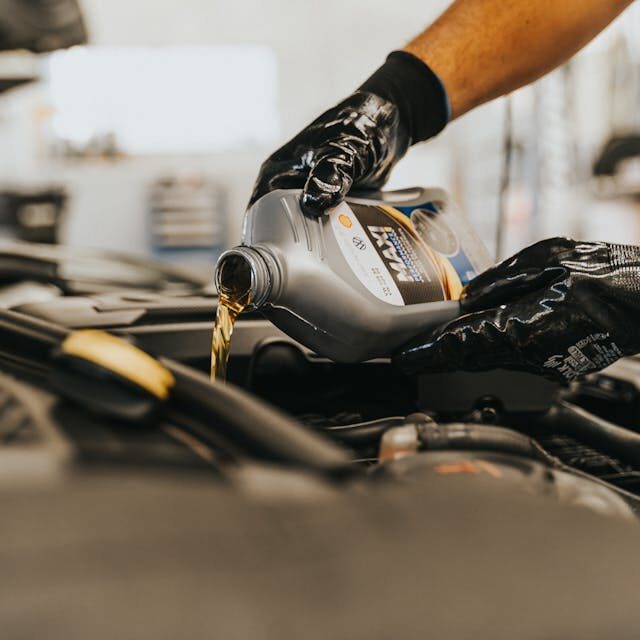Having your car’s oil changed can seem like an inconvenience, but not having this done can create even more inconvenient moments. One of those is being stranded on the side of the road, but you can avoid this scenario by not skipping oil changes and prioritizing automotive care.
Why Not Getting Your Oil Changed on Time Can Damage Your Car
Everything needs to have a spa day every once in a while, and that includes a motor vehicle. Having the oil changed is the equivalent of having a spa day, and it is equally as rejuvenating for your car as the spa day is for you. When the oil is changed, the mechanic removes the dirty oil in your car’s system and replaces it with clean oil. This is a relief because clean oil lubricates your engine and reduces friction between the moving parts better than older oil. New oil ensures that everything runs smoothly.
When you fail to have your oil changed on time, the car can become sluggish and overheated so that it cannot perform at its best. Oil also keeps the engine’s components cool, keeps them from becoming corroded and prevents contaminants from invading the system. It also helps to keep wear and tear from damaging your car’s systems and keeps the car’s gas mileage from going lower and lower. It stops the car from creating as many emissions and keeps the car’s systems from becoming clogged. Lastly, it prevents the engine from failing.
If you decide to sell the vehicle, regular oil changes will keep the car’s market value from falling. If not, it will be the reason that your engine lasts for a very long time.
How to Tell When You Need an Oil Change
The “Check Engine” Light Comes On.
In most cases, the check engine light comes on when the vehicle needs an oil change. This is a simple signal that can keep your car on the road, so don’t pretend it doesn’t exist.
The Texture of the Oil.
Place the dipstick into the oil. If it is very dark, it is time for a change. When oil is fresh, it is golden and clear and the type that the engine needs to give it the benefits listed above.
How Often Should You Get Your Oil Changed?
Whether your car is new or used, mechanics recommend that you have your oil changed regularly.
Engines and oil made significant advances recently, so the old rule of changing the oil every 3,000 miles or every 90 days is no longer valid. Newer vehicles require much less frequent oil changes. For example, some cars allow you to change the oil every 7,500 miles, and some can wait until 10,000 miles or every six to 12 months. This will be according to the owner’s manual, so make sure that you consult it rather than ask a mechanic.
You must keep up the schedule whether you drive your vehicle a few miles every week or very long distances, so plan to have the oil changed twice a year if the recommendation is to have an oil change every 7,500 miles. That is because the oil ages whether you drive it a lot or not, and older oil keeps it from getting warm enough to keep contaminants at bay. This shortens the life of your engine.






